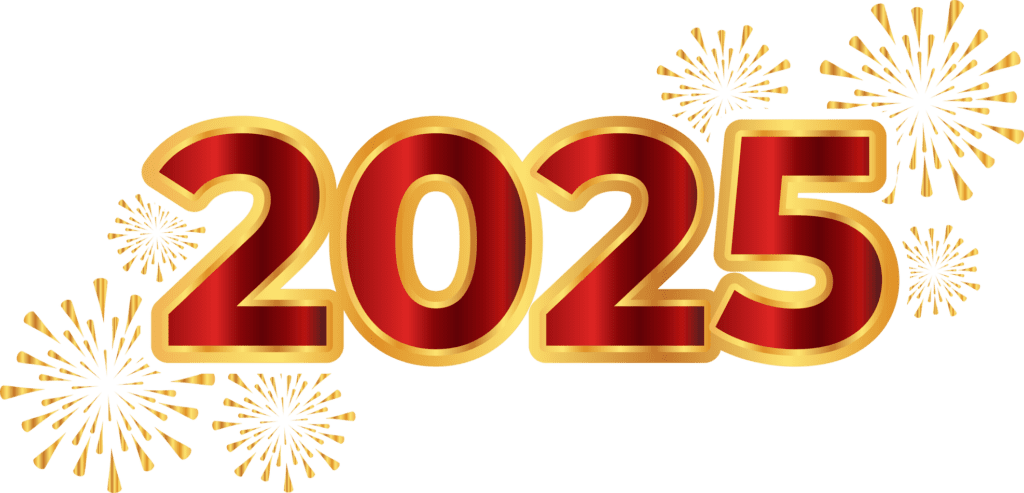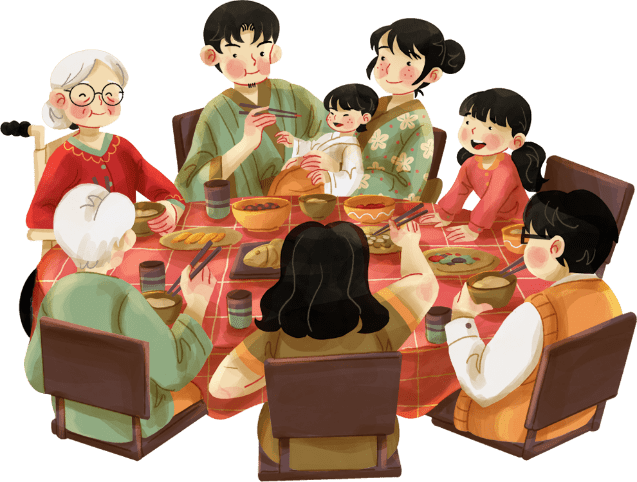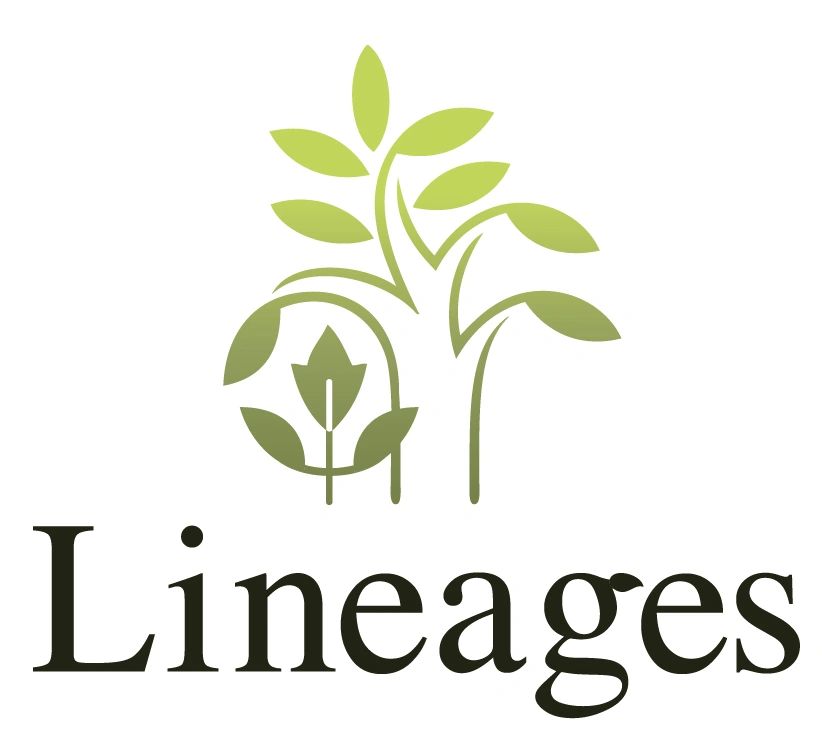New Year’s Family History Resolutions

As the New Year begins, it’s the perfect time to set meaningful goals that connect us with our past and enrich our present. While many resolutions focus on personal growth or wellness, delving into family history offers a unique opportunity to strengthen bonds, uncover fascinating stories, and preserve legacies for future generations. Whether you’re a seasoned genealogist or just beginning to explore your roots, making family history a focus of your resolutions can bring a sense of purpose and discovery to the year ahead. From capturing cherished memories to tracing ancestral journeys, there’s no better time to honor the past while creating a lasting impact for the future.
Here are ten family history goals you may wish to make for the coming year.
1. Preserve Family Stories

Use a smartphone, recorder, or app to capture conversations with family members, especially older family members! Prepare questions about their childhood, traditions, and life experiences. You can upload the audio files onto Memories on FamilySearch for others to enjoy. You could also transcribe the interview into a readable format, and upload that to Memories, as well. If you have the gift of writing, perhaps you could take the interview transcription and organize it into a short narrative or story. Ask relatives to contribute stories or memories about shared family events, holidays, or ancestors. Commit to writing down one family story per month.
2. Organize Family Records
We live in a digitized world now, which makes it so easy to share and preserve files with one another. Make some time to scan old photos, letters, and certificates. Save them in high-resolution formats and organize them by date or family branch. Don’t forget to back up your files. Store digital copies on external drives or cloud services like Google Drive or Dropbox. For hard copies of family documents, photos, and other items, use acid-free folders and storage boxes to protect paper documents and photographs.
3. Explore Your Heritage
Dedicate time each week or month to exploring online archives, census records, or genealogy websites like Ancestry.com or FamilySearch.org. Consider taking a DNA test to learn your genetic make-up, and then learn about the countries from which your ancestors originated. Plan trips to places where ancestors lived or to cultural museums relevant to your heritage. Walk the streets of your ancestral village without leaving your home by using GoogleMaps or GoogleEarth.

4. Share Family History
If you enjoy being creative, consider assembling a scrapbook or a digital photo album with captions explaining each image. If you are good with computers and web building, you could construct a simple family history website to share photos, stories, and genealogical information with relatives. Host virtual or in-person gatherings to discuss findings or share anecdotes. Plan a family reunion.
5. Expand Research Skills
There are an endless number of workshops and classes you can take to hone your research skills. Enroll in local or online genealogy classes, such as those offered by libraries and historical societies, or conferences like RootsTech. Learn more about DNA and how it helps solve genealogical puzzles. Spend time learning the tools on websites like 23andMe, AncestryDNA, or FamilyTreeDNA, and then learn how to interpret the results. Experiment with new genealogy software like RootsMagic, Ancestral Quest, or Legacy Family Tree to streamline research. Practice keeping a research log to document your methodology and results for each research goal.

6. Discover Family Recipes
Create a recipe collection by asking relatives to contribute their favorite traditional recipes. Document them along with their origin stories. Organize a family cooking day to prepare and enjoy recipes together. Cook one traditional dish each month and share its story with loved ones or in an online blog. Compile recipes into a family cookbook, complete with anecdotes and photos. Consider sharing your collection on FamilySearch under Memories.
7. Write Your Own History

Laurence Overmine once wrote, “There is no such thing as an insignificant life.” And that certainly includes YOU! Make sure you take the time to write down your own story, because you matter! Set aside 10-15 minutes a week to write about personal milestones, reflections, or family events. Keep a detailed record of major events in the family, such as births, weddings, or career achievements. Begin writing a longer-form memoir, focusing on your unique life experiences and family influences.
8. Connect with Distant Relatives
Organize a family reunion, using it as an opportunity to share and gather more stories and documents. Use platforms like Facebook groups or genealogy forums to find and connect with distant cousins. Participate in online groups or forums for your specific ancestral regions or surname. Work together with relatives to fill in gaps in the family tree or identify unknown individuals in old photos. Reach out to relatives you haven’t spoken to in years to share and gather family history.

9. Involve the Next Generation
Create games like “Who’s Who” with family photos or scavenger hunts for historical records. Share family stories with younger members during dinners or holidays. Help kids make their own family trees or craft projects inspired by family traditions. Explore local history together by taking a tour of your hometown.
10. Set Specific Genealogical Goals

Break down your research tasks into achievable goals (such as, trace back three generations in one year). Set a monthly objective (such as, resolve to locate one new record or document about a specific ancestor each month). Choose a longstanding family history mystery or brick wall (like an ancestor’s unknown birthplace) to focus on solving. Use charts or genealogy software to visually track your progress and accomplishments.
As the year unfolds, embracing family history work as part of your New Year’s resolutions can create meaningful connections and lasting memories. Each story uncovered, document preserved, or tradition shared becomes a gift for future generations and a bridge to those who came before us. Whether your journey involves organizing family records, discovering new branches of your tree, or simply preserving cherished recipes, every step contributes to a greater understanding of who you are and where you come from. So, let this year be one of discovery, reflection, and celebration as you embark on the rewarding journey of preserving your family’s legacy.
Lineages is here to help with all your family history goals. Reach out to us today!
Emily
* All images are in the public domain.
